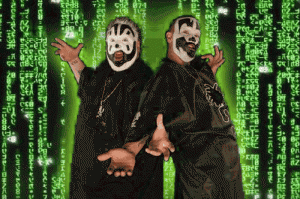
INTERNET — Increasingly, bearded men claim they have been “inundated” with comments about Duck Dynasty by self-proclaimed “clever” strangers in public.
“‘Oh I just love the Dynasty,’ the cashier told me. She said it slowly taking up lots of my time, as if I also loved the Dynasty, and I was offended. Just because I have a beard doesn’t mean I love Duck Dynasty. I wouldn’t know about it if I didn’t have a beard and sometimes I just feel like shaving it all off, just to get away from these Duck Dynasty comments,” said Jake Earl, 28 year old musician from Carlston, West Virginia. “But I can’t! I’ll lose all my ‘mountain’ cred and nobody will come to my bluegrass shows.”
Jake Earl found fame after a video of him shaving his beard in public went viral on YouTube.
Earl told our correspondent in Carlston, “I just felt this pressure building up, something like one of these mass shooters maybe,” Earl said, “I just couldn’t take the way I was being viewed by the world and everything just came crashing down on me. I felt a strong compulsion to cut it off in public, and I’m very sorry for throwing my hair at police officers.”
Authorities detained Earl but did not arrest him. Earl’s psychiatrist refused to give our reporters his diagnosis, but told us “Earl is feeling much better.”
Other local bearded men have stepped out of hiding to support Earl. Fred Dershowitz told reporters, “What Jake Earl did was heroic. I mean my beard is not even similar at all to Duck Dynasty. It’s cropped short! But still, every time I go to the grocery store, some slack-jawed idiot points at me and says ‘Duck dahnasty, yall! It’s a beard!’ and I felt the same urge Earl does. I think I’ll just shave mine off in public too.”


